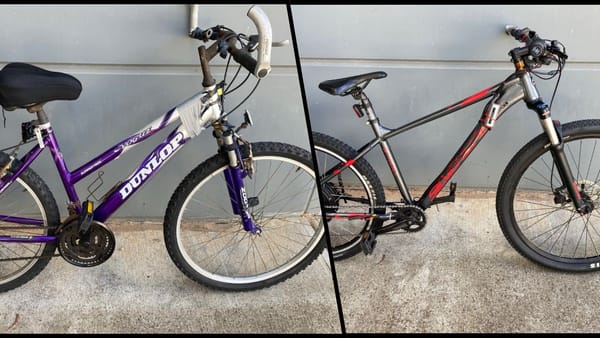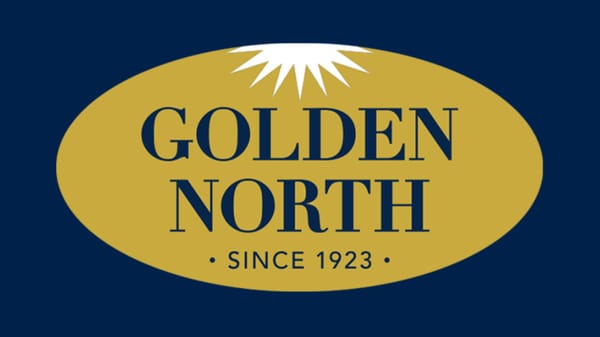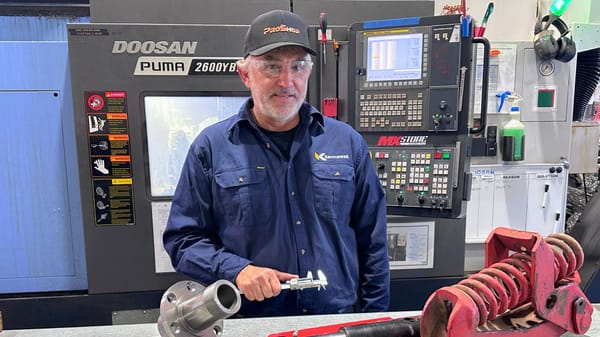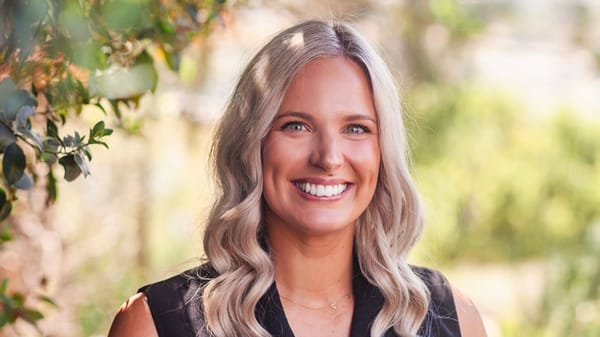Forget the ‘rife with meth’ headlines – Murray Bridge is a good place, lawyer says
Joseph Ramsay Sanders has sought to clarify remarks he made in an incendiary Advertiser article three weeks ago.

This post was originally published behind Murray Bridge News’ paywall. Paywalled posts are unlocked four weeks after publication. Can’t wait that long? Subscribe here.

Murray Bridge has a methamphetamine problem, but that doesn’t make it a bad place, a criminal lawyer says.
In a prominent story in The Advertiser on September 23, headlined “Meth town so bad that crims move on”, Joseph Ramsay Sanders was quoted as saying Murray Bridge was “rife with methamphetamine”.
It was true that illicit drug use was a serious problem in the community, Mr Sanders told Murray Bridge News this week.
After all, meth featured in as many as 80 per cent of the criminal matters he dealt with in Murray Bridge.
But that didn’t mean the community itself was a write-off.
“I reckon if you’re a chiro, a journalist, an accountant, a physio … you can get all sorts of work (in Murray Bridge),” he said.
“It’s on the map.
“It’s going through growing pains, but I think the reality is … I think it’s only around the corner that there’s a quasi-explosion (in its popularity).”
Mr Sanders said he had moved his main office from Adelaide to Murray Bridge because he liked being part of a community where everyone knew everyone.
You could see a local theatre production or have dinner at the golf club, and Adelaide was only ever 40 minutes away.

Last month was not the first time Murray Bridge had copped a beating in state or national media – after all, The Australian and Nine’s A Current Affair described it as the “meth capital of Australia” last year, and a panellist on Channel 10’s The Project infamously called it a “s***hole” in 2019.
But Mr Sanders suggested a core group of “entrenched” drug users was responsible for most of Murray Bridge’s methamphetamine problems.
Drug users were not all poor or concentrated in one part of the city, either.
“It’s not as easy as saying ‘it’s all the low socio-economic people hanging around Mobilong waiting for people to get out of prison’,” he said.
“It transcends other things going on in the community, like poverty or relationship breakdowns.
“It extends its tendrils into everything.”
Poverty and illiteracy were factors that could push people towards illicit drugs; but so were health problems, workplace troubles or experiences of childhood trauma.
“You get people that have had successful small businesses ... (someone) who’s got three or four tradies working for him, busts up with the missus, gets on the meth, ends up with charges, business starts going bad, more meth, start ripping off your own business, fraud … I’ve seen it,” he said.
“I’ve seen people, in a very quick period of time, end up like that.”
There were several solutions, Mr Sanders suggested.
The first was preventative education: stopping young people from ever trying ice in the first place.
Another was giving hope to people who found themselves in those situations: hope that they could get their lives back on track.
“They might get out (of prison) and get a job at Big River Pork or somewhere … and it’s like a focus: ‘I’ve got something I can do, I can rent a place, I can provide for a partner, I can have a can of beer instead of a line of meth’,” he said.

It was important for local agencies and services needed to work together to support people, he said, as they did through collaborations such as Murray Bridge Safe.
Courts and the Department for Correctional Services needed to focus more closely on intervention programs which helped people recover from their addictions and build positive habits.
Some of that work was already being done in the community.
“Overall, I think the situation is improving,” he said.
“I don’t know if young ones are being put off by what they’re seeing, or whether the job market has improved, or whether there has been better education at schools and in the community.
“But I don’t think anything catastrophic is going on.
“Sometimes someone might say ‘this town is a s***hole, I’ve got to get out of here’, but I genuinely think that’s wrong.”
- Get help: Talk to your GP; contact the Murray Mallee GP Network on 8531 1303, at reception@mmgpn.org.au or at 55 Adelaide Road, Murray Bridge; or call the National Alcohol and Other Drug Hotline on 1800 250 015.





